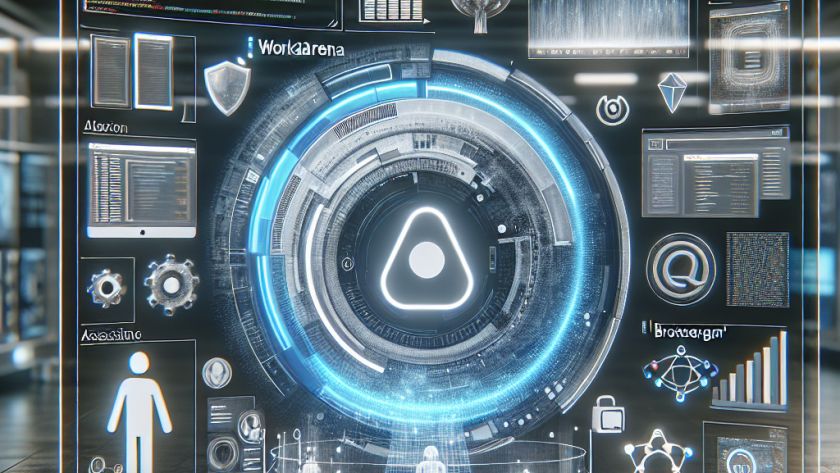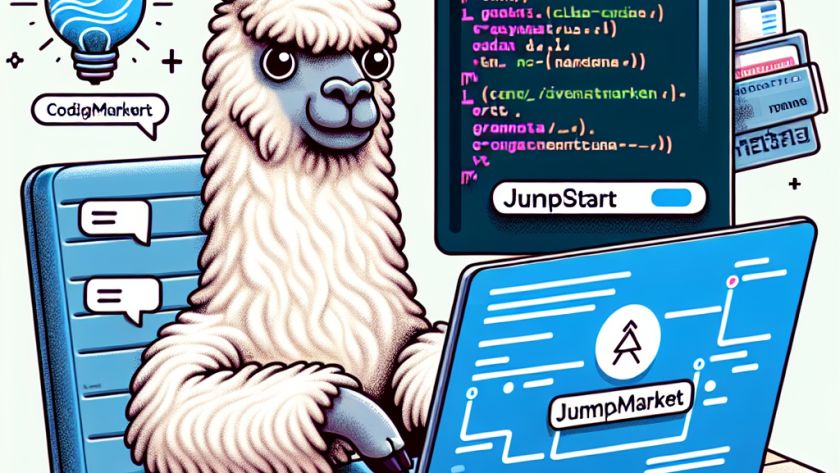During the kickoff event of MIT’s Generative AI Week, the “Generative AI: Shaping the Future” symposium, Rodney Brooks, co-founder of iRobot, cautioned attendees about the dangers of overestimating the capabilities of generative AI technology. Brooks, also a professor emeritus at MIT and former director of the Computer Science and Artificial Intelligence Laboratory (CSAIL), warned that…












